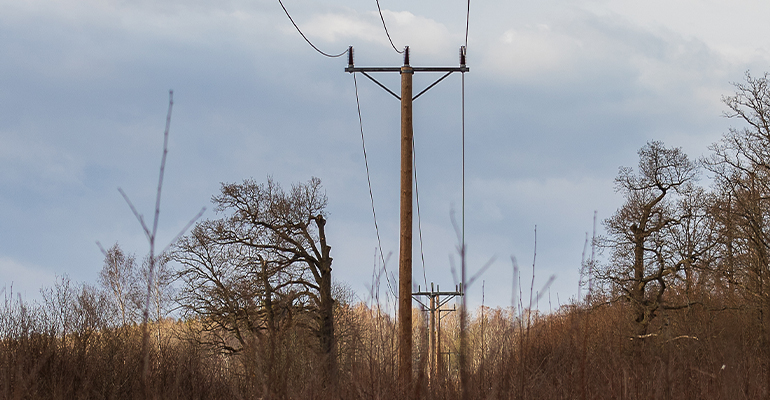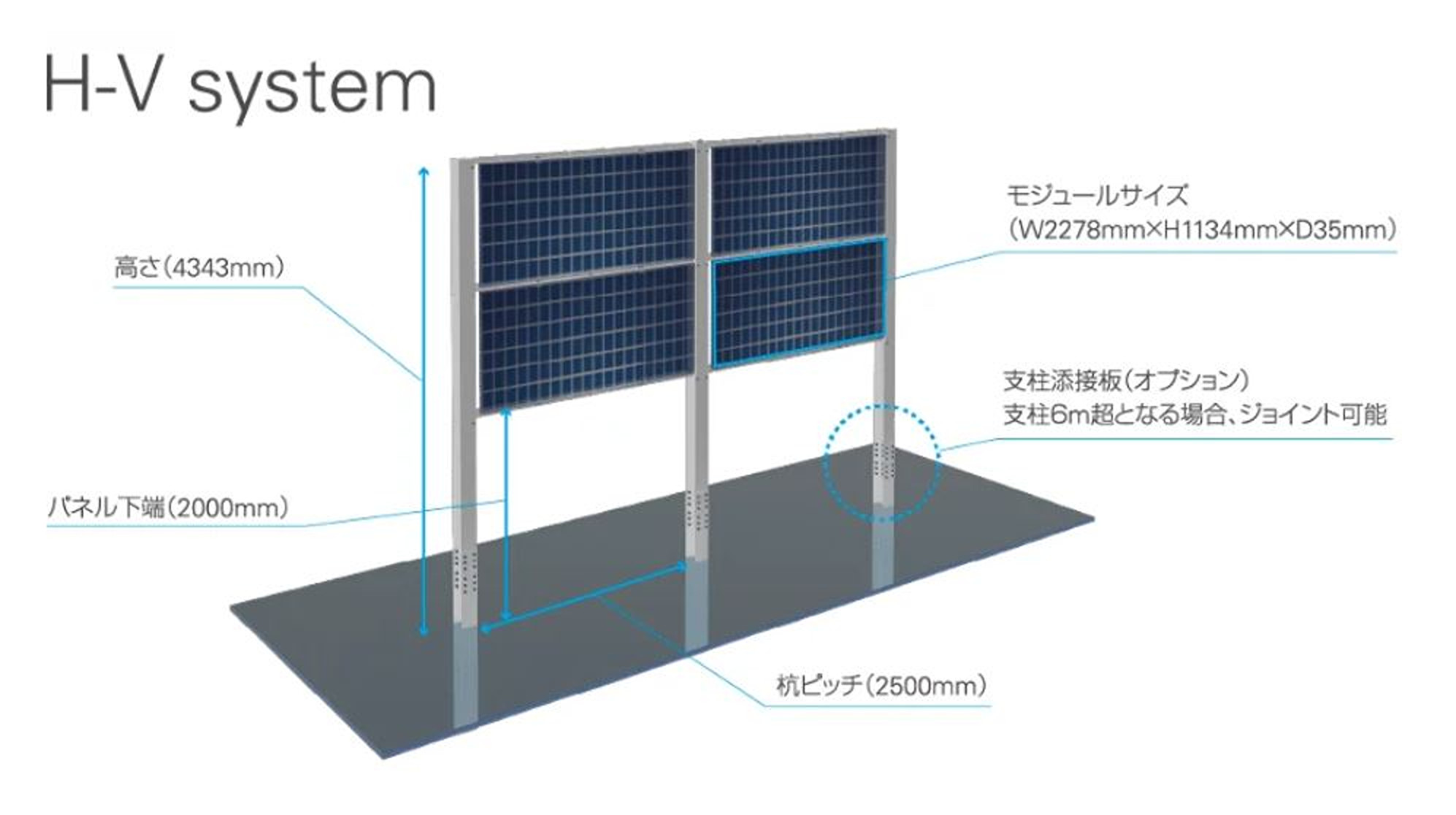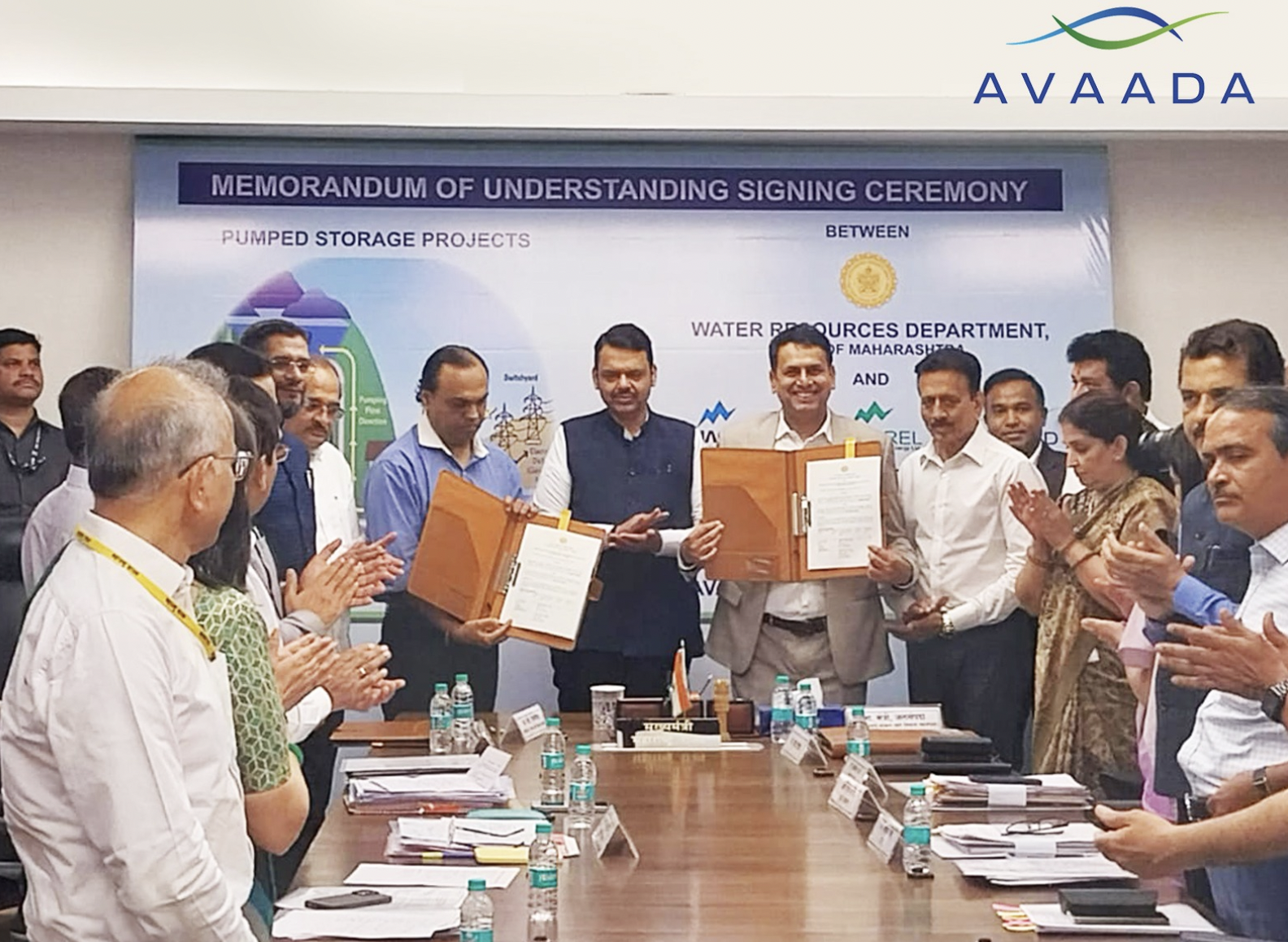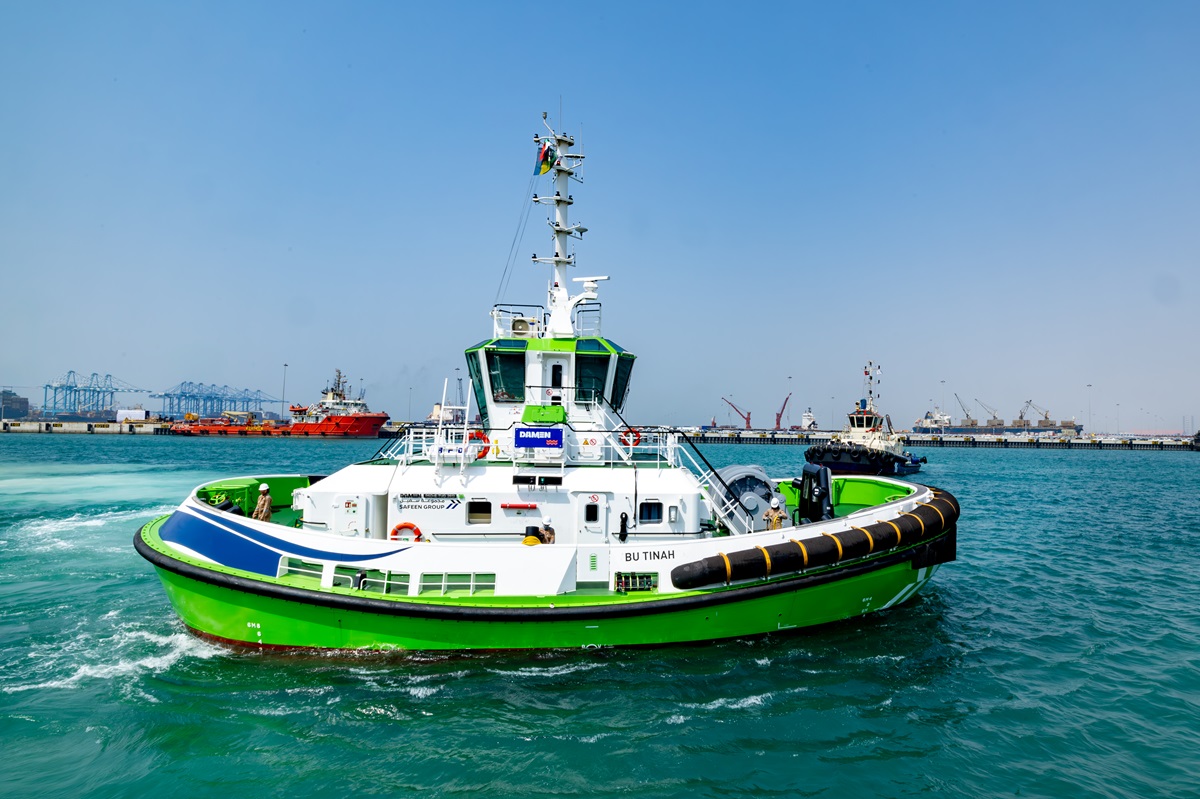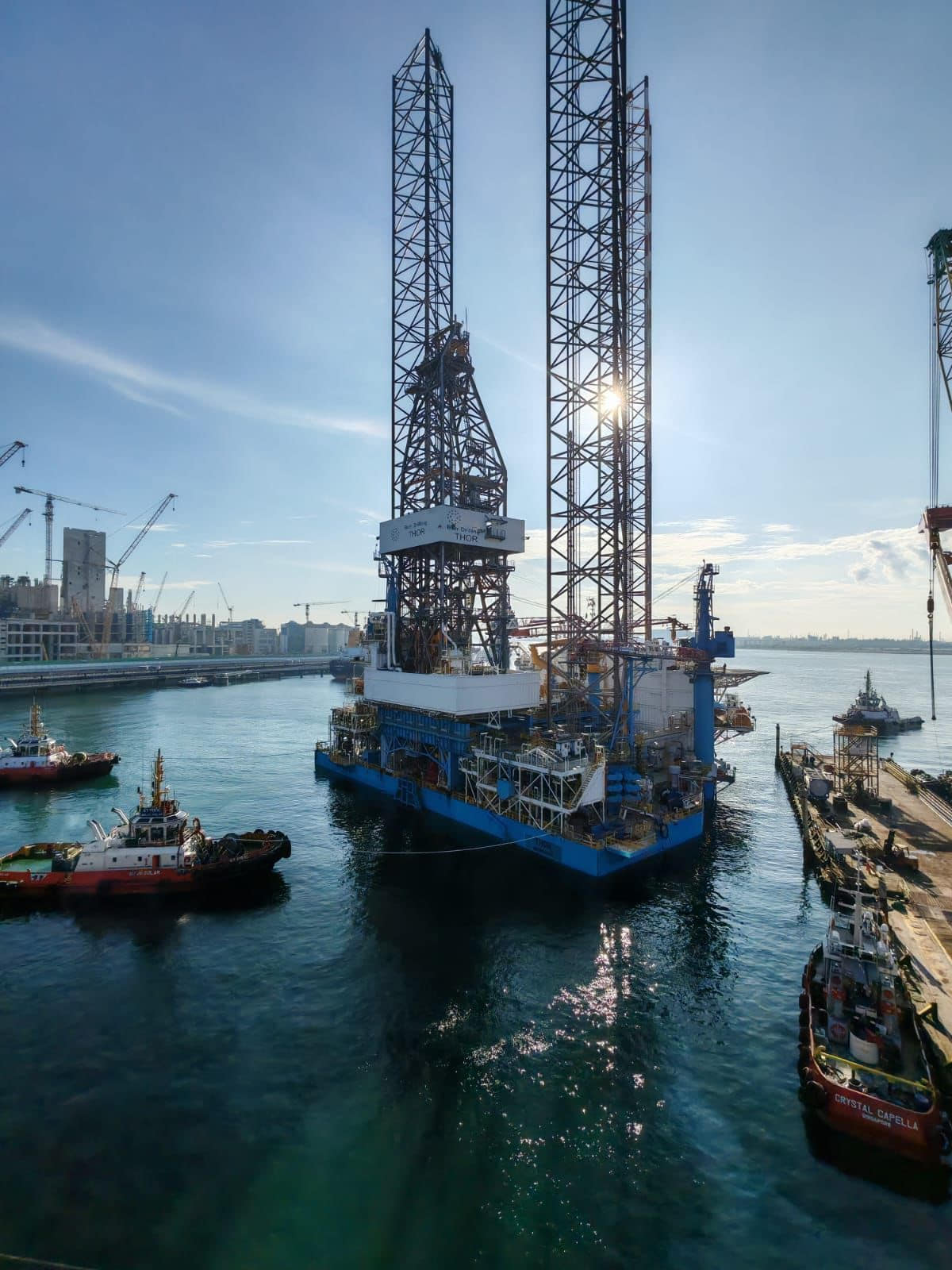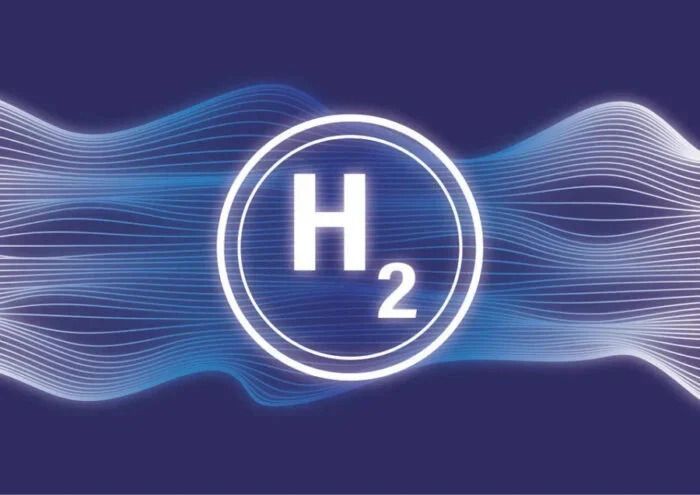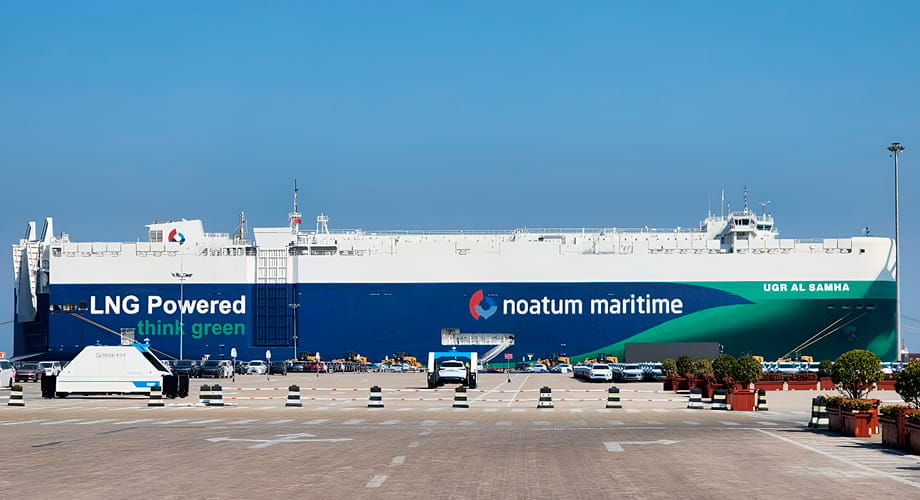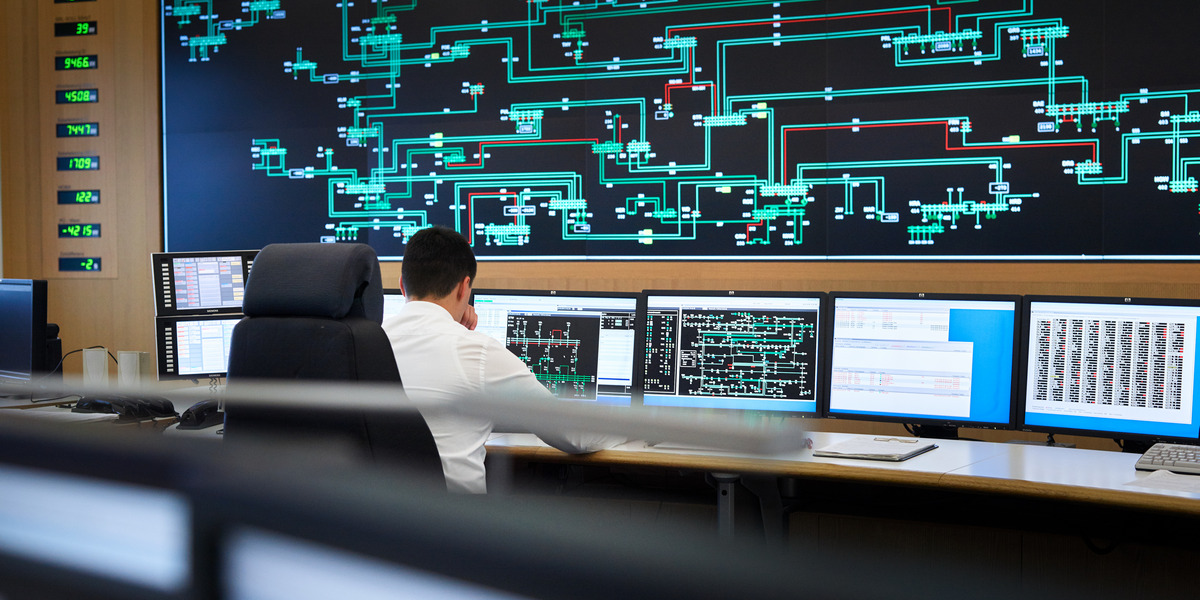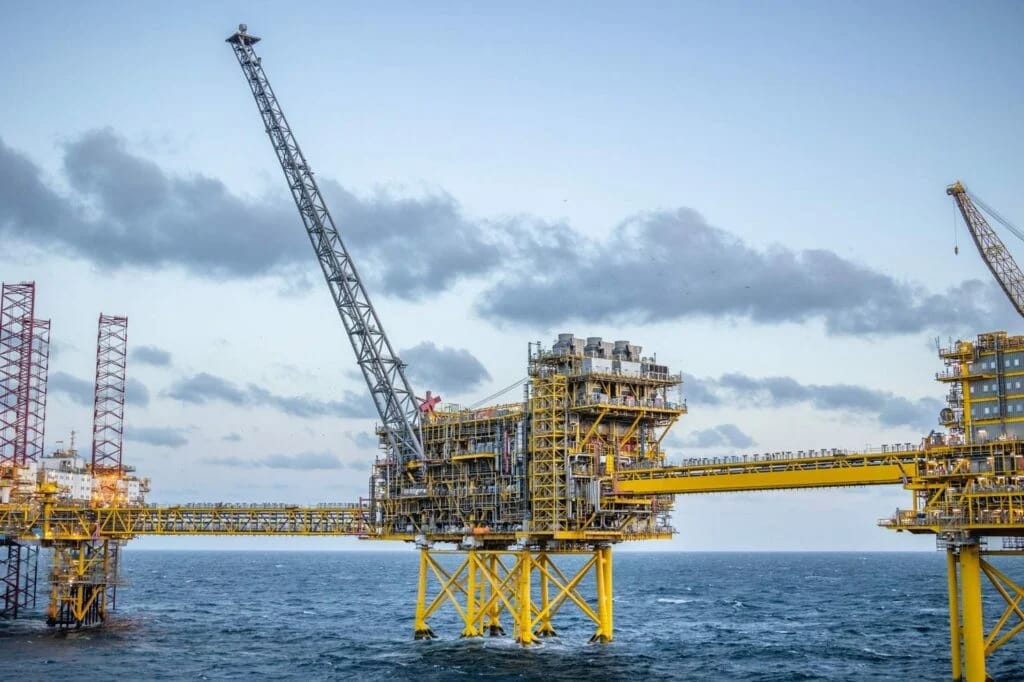Marine Energy Wales’ Response to the Senedd’s Green Economy Report
The Senedd Economy Committee’s Green Economy Report lays out an important vision for Wales’ transition to a net-zero economy. It’s encouraging to see the report focus on key areas such as pipeline certainty, planning reform, port investment, skills development, and financing, all of which are essential for the renewable energy sector. However, while the report […] The post Marine Energy Wales’ Response to the Senedd’s Green Economy Report appeared first on Marine Energy Wales.


The Senedd Economy Committee’s Green Economy Report lays out an important vision for Wales’ transition to a net-zero economy. It’s encouraging to see the report focus on key areas such as pipeline certainty, planning reform, port investment, skills development, and financing, all of which are essential for the renewable energy sector. However, while the report makes strong recommendations, it doesn’t go far enough in recognising the full potential of marine energy or tackling the major barriers that still hold back the industry.
One of the biggest positives is the call for a regularly updated pipeline of renewable energy projects. A clear, long-term project pipeline is crucial for investment, supply chain planning, and workforce development. Without it, developers struggle to commit, and we risk losing projects to other regions moving faster. The report highlights offshore wind but doesn’t give nearly enough attention to tidal stream, tidal range or wave energy—technologies where Wales has a world-leading natural resource. Without a marine energy roadmap, these sectors risk being sidelined just as they’re on the cusp of commercialisation which is something MEW has been advocating for many years.
Recommendation 2 is particularly important for the sector. The report calls on the Welsh Government to explore co-investment opportunities with commercial developers, which we strongly support. The capital intensity of early-stage marine energy projects often makes them difficult to finance through private markets alone. Co-investment by government—whether through the Development Bank of Wales or other public vehicles—can help de-risk these technologies and unlock commercial capital.
We also welcome Recommendation 5, which supports amendments to the Contracts for Difference (CfD) scheme to better incentivise local content. For marine renewables, especially in Wales, ensuring adequate pot sizes, consistent sustainable Administrative Strike Prices within the CfD auctions would ensure that jobs and investment stay in the region, helping to anchor manufacturing and servicing infrastructure in Welsh ports and coastal communities.
Another key issue raised is the need to speed up the planning and consenting process. Right now, approvals for marine energy projects take far too long, delaying deployment and driving up costs. The report acknowledges this problem but stops short of outlining concrete solutions. One of which would be to ensure the NRW is adequately resourced to match the growing case load (Recommendation 8). We know from the OES-Environmental 2024 State of the Science Report that many of the perceived environmental risks of marine renewables can be effectively managed or retired, yet marine energy projects still face some of the longest approval timelines. The Welsh Government needs to fast-track consenting for low-risk projects, similar to what’s already happening in Scotland.
The report also comments on the future relationship between the Welsh Government and The Crown Estate, and in Recommendation 7, proposes a pragmatic alternative to devolution: strengthened collaboration. MEW agrees. While devolution of the seabed is a wider constitutional issue, in the short term, more strategic partnership between the Welsh Government and The Crown Estate can deliver real value—particularly if it results in clearer leasing timelines, regional strategies like the Celtic Sea Blueprint, and integrated planning for marine space.
Investment in Welsh ports is another area where the report makes important recommendations. They have the potential to become major hubs for FLOW integration and deployment, but without targeted investment, those opportunities could be lost.
The focus on workforce skills and diversity is another positive step. The renewable sector needs to attract and train the next generation of skilled workers, and that won’t happen without clear career pathways, apprenticeships, and investment in education. But again, the marine energy sector must be part of that conversation. Coastal communities, where many of these projects will be based, should be first in line for training and job opportunities.
A particularly important part of the report is its focus on financing the transition to net zero. Recommendations 15 and 16 rightly highlight the role of the Development Bank of Wales (DBW) and wider public-private partnerships in securing investment for renewables. Given the high upfront costs of marine energy projects, a dedicated funding mechanism within DBW would be a game-changer, ensuring that tidal and wave developers can access patient capital on competitive terms. The report also calls for leveraging UK Government and National Wealth Fund investments, which is crucial to ensuring Wales captures the full economic benefits of marine renewables. However, we need a clear strategy and firm commitments, rather than broad statements, to make this a reality.
While the report is a solid foundation, it doesn’t fully grasp the scale of opportunity marine energy presents. Wales has some of the strongest tidal, wave and wind resources in the world, and with the right support, these technologies can deliver predictable, reliable energy, helping balance the grid. Other countries are moving quickly to support marine renewables—we can’t afford to fall behind.
Marine Energy Wales will continue to push for these priorities and work with government, industry, and local communities to ensure Wales maximises its potential as a leader in marine energy.
The post Marine Energy Wales’ Response to the Senedd’s Green Economy Report appeared first on Marine Energy Wales.
What's Your Reaction?












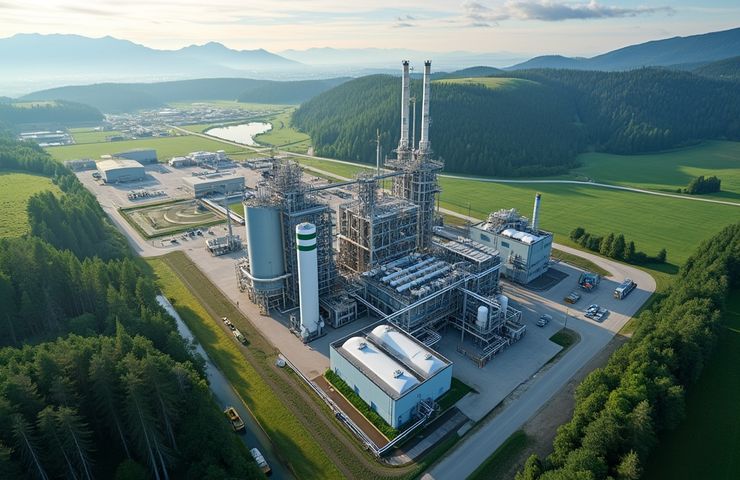
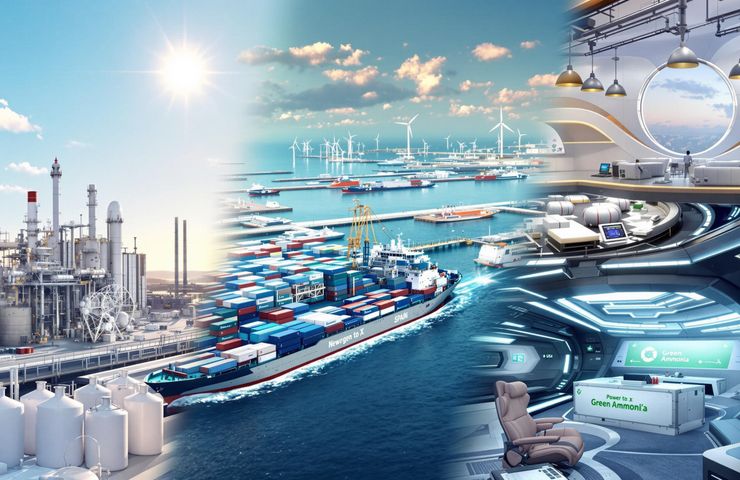
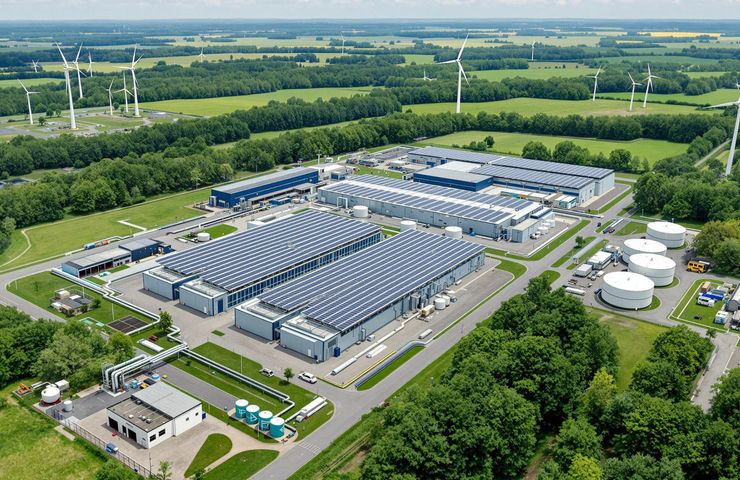





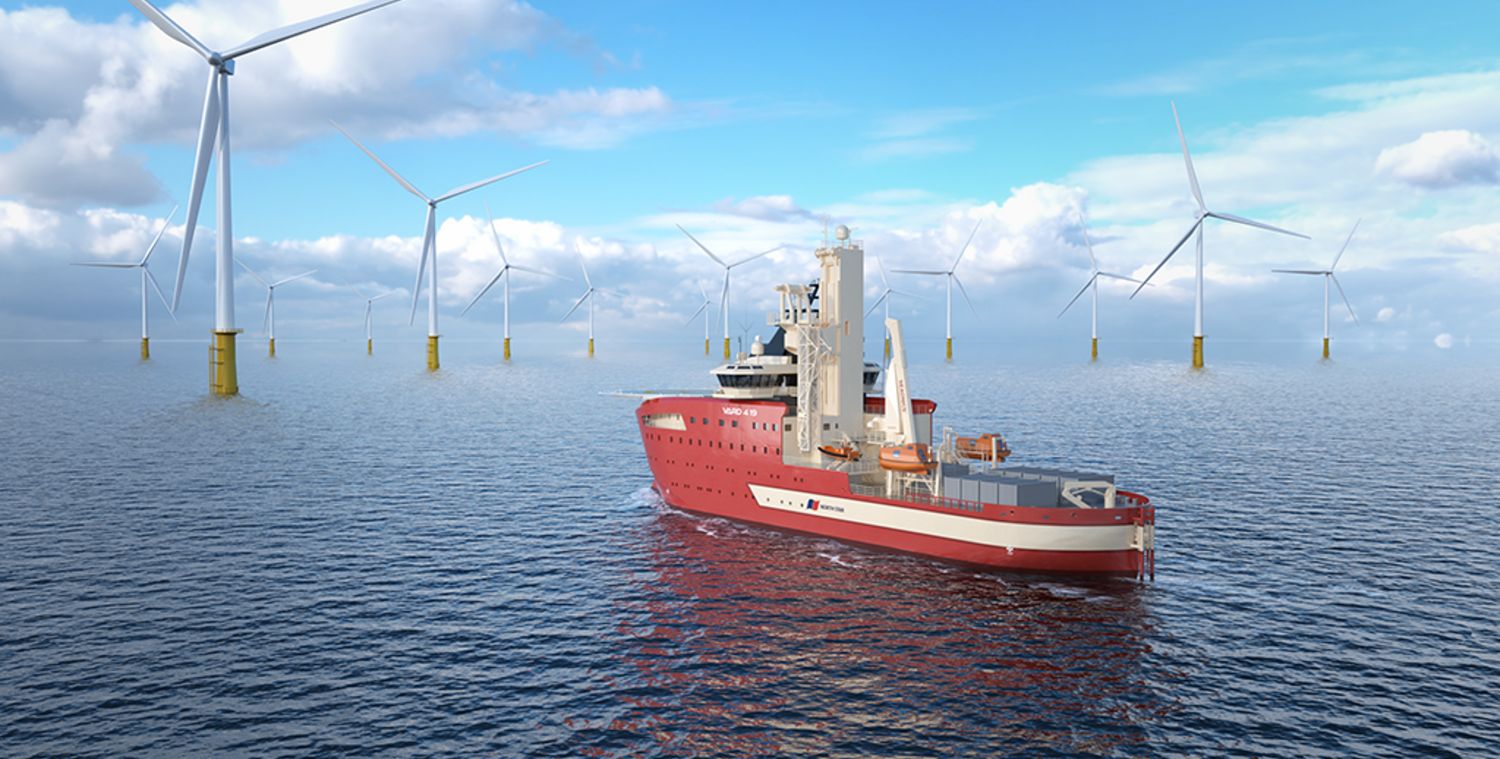
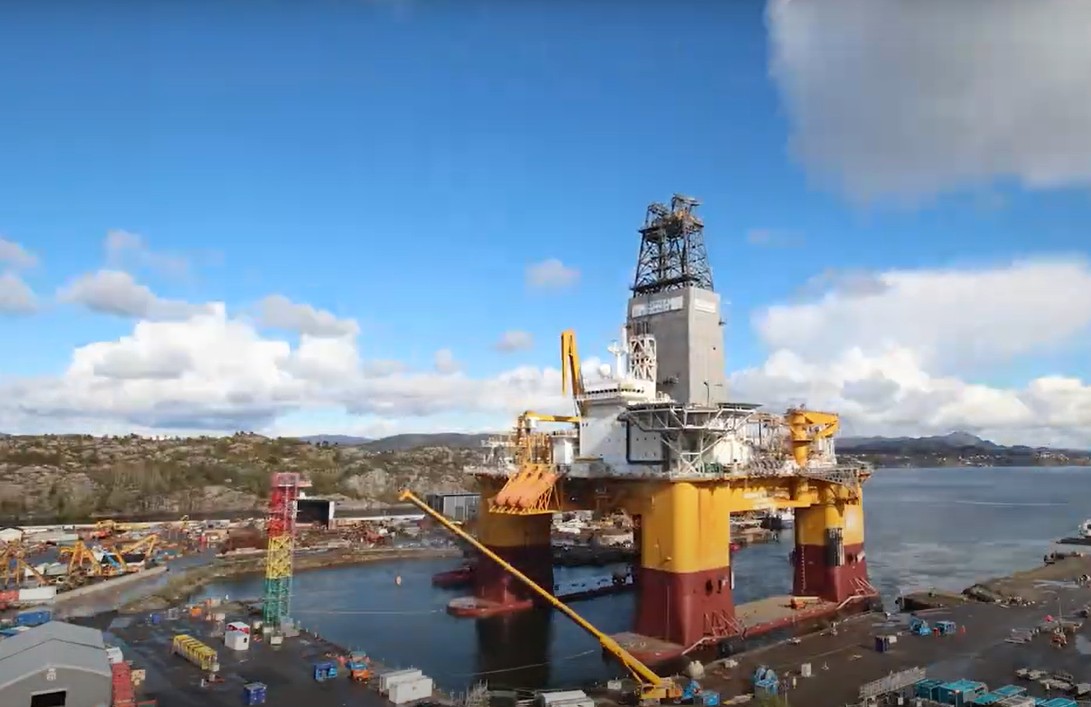
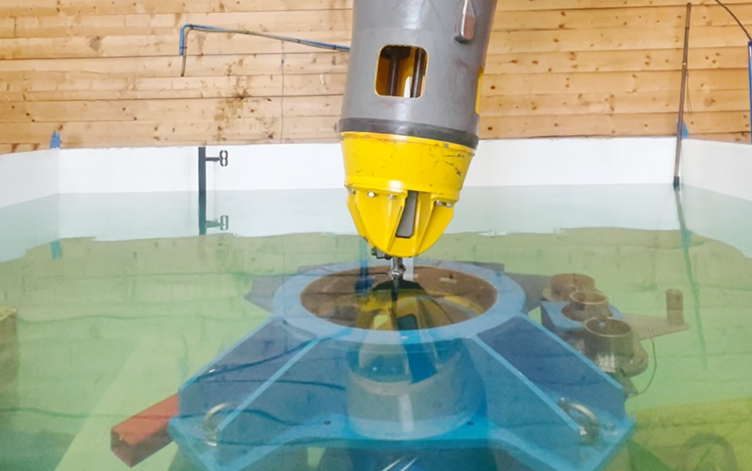


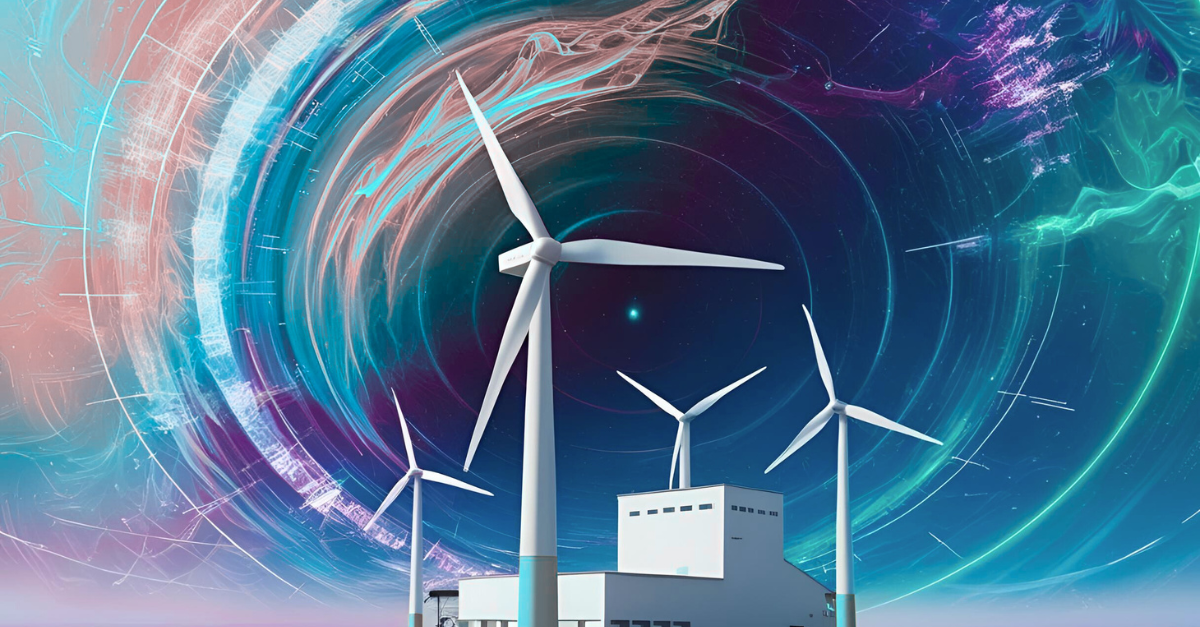

![[Upcoming Webinar] Addressing the Wind Industry's €25 Billion Annual Wake Loss Problem](https://www.windesco.com/hubfs/Swarm%20webinar%20cover%20image.png)
